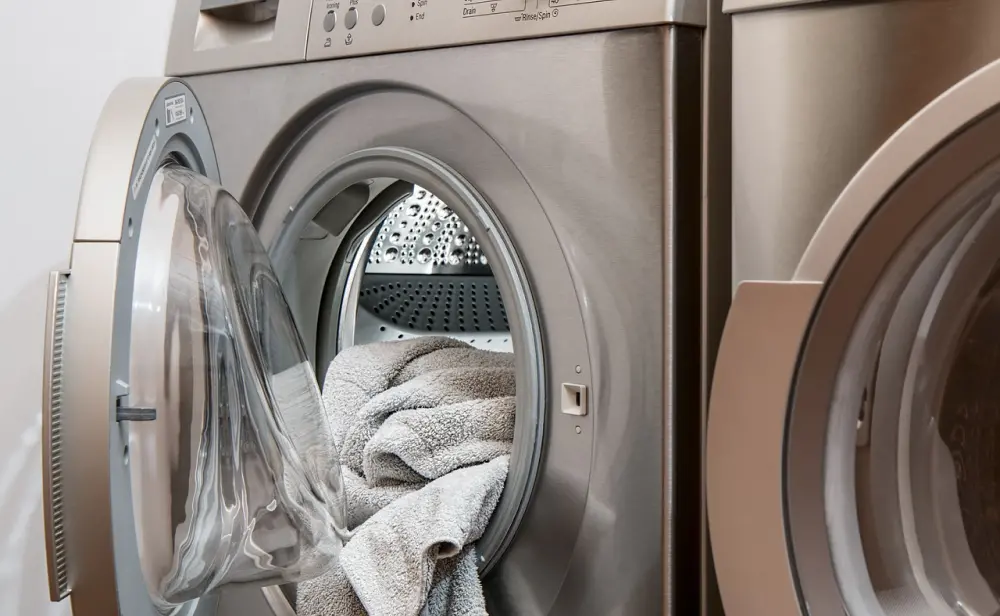
Unveiling the Combined Washer Dryer: A Practical Investment or a Compromise?
- Liberty Appliance Repair
In the world of modern appliances, the combined washer dryer has emerged as a convenient and space-saving solution for laundry needs. This innovative two-in-one appliance offers the functionality of both a washing machine and a dryer, promising efficiency and convenience. However, the question remains: Is the combined washer dryer truly a good deal or does it come with compromises?
Pros: The Appeal of Convenience
One of the most compelling advantages of a combined washer dryer is the space it saves. For those living in compact apartments or homes with limited laundry space, this hybrid appliance presents a viable solution. It eliminates the need for a separate dryer, streamlining your laundry area and making the most of available room.
Moreover, the convenience factor cannot be overlooked. With a combined washer dryer, you can transition from washing to drying seamlessly, often in a single cycle. This not only saves time but also reduces the need for manual intervention, allowing you to focus on other tasks.
Cons: Addressing Trade-Offs
Despite its convenience, the combined washer dryer does come with some trade-offs. One of the primary concerns is capacity. In comparison to standalone appliances, a combined washer dryer typically has a smaller capacity for both washing and drying. This may lead to multiple cycles for larger loads, potentially consuming more time and energy.
Additionally, the drying performance of a combined unit may not match that of a dedicated dryer. The drying process can take longer, and there’s a chance that clothes might not come out as thoroughly dry as you would expect from a standalone dryer.
Efficiency and Cost Considerations
When evaluating the cost-effectiveness of a combined washer dryer, it’s important to consider both upfront expenses and long-term operational costs. While the initial investment might be higher than that of a single appliance, it could be a more budget-friendly option when compared to purchasing two separate machines.
However, the energy consumption and water usage of a combined unit should be examined closely. Depending on the model and brand, these appliances might consume more resources than their standalone counterparts, impacting your utility bills over time.
The Verdict: A Matter of Priorities
In the end, determining whether a combined washer dryer is a good deal or not boils down to your specific circumstances and priorities. If space is a precious commodity and you value the convenience of an all-in-one solution, this appliance could be a sensible choice. On the other hand, if laundry loads tend to be larger and drying performance is crucial, you might lean towards standalone options.
In the world of appliances, every choice involves a set of trade-offs. Consider your lifestyle, laundry habits, available space, and budget before making a decision. Whether you opt for a combined washer dryer or stick with traditional appliances, the key is to make an informed choice that aligns with your needs and preferences.
